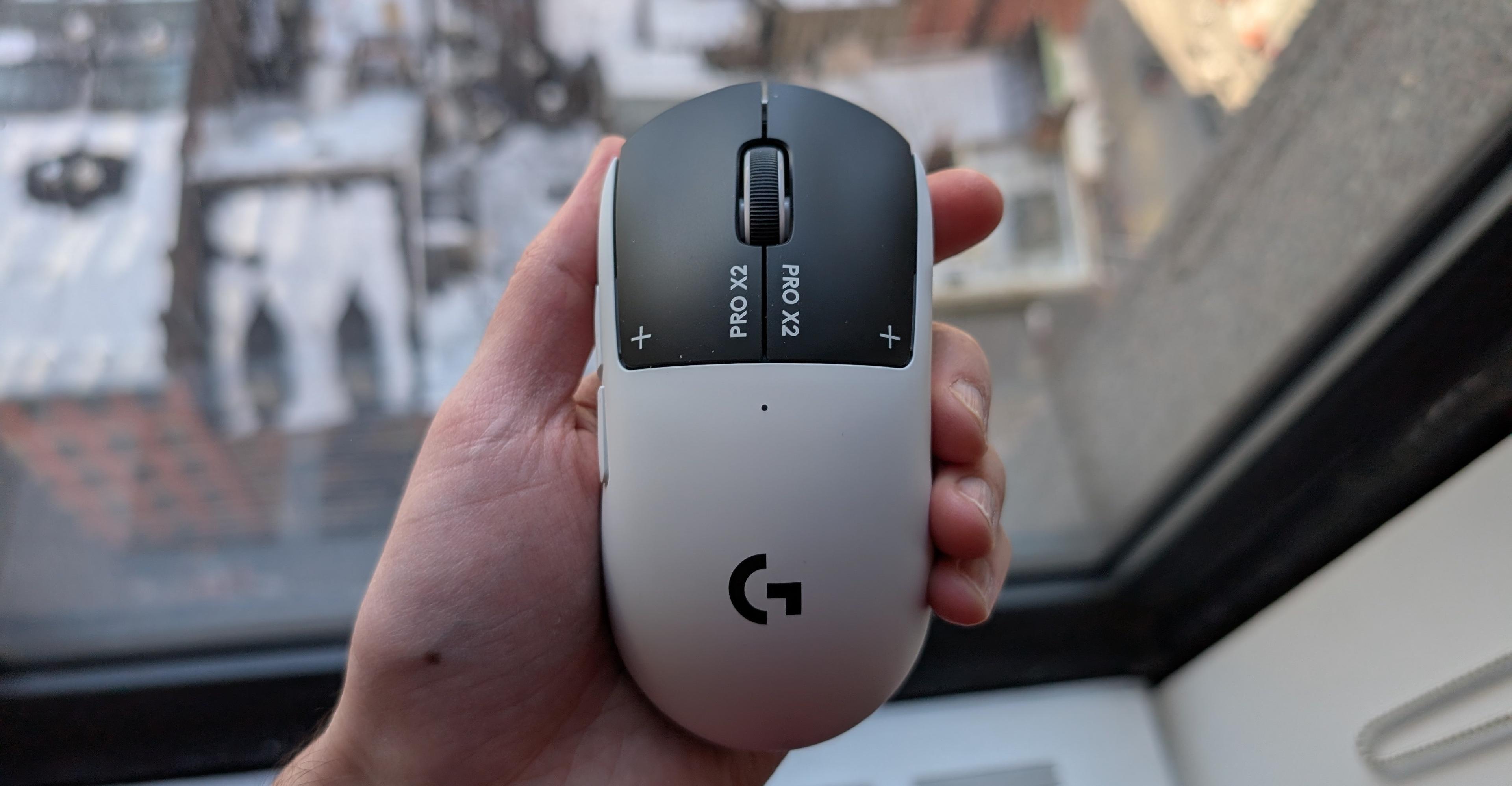Macron names Elisabeth Borne as France's new Prime Minister


Paris: French President Emmanuel Macron has named Labour Minister Elisabeth Borne as prime minister to lead his ambitious reform plans, the first woman to head the government in more than 30 years.
On Monday, the outgoing French Prime Minister Jean Castex handed his resignation to the president, part of a widely expected reshuffle to make way for a new government in the wake of Macron’s re-election in April.
The last woman prime minister, Edith Cresson, briefly headed the cabinet from May 1991 to April 1992 under President Francois Mitterrand.
Ending weeks of speculation, the Elysee confirmed Borne’s nomination in a statement and she then headed to the Matignon residence of the prime minister in Paris for the handover with Castex.
Borne (61) will be the first woman named as prime minister since Edith Cresson briefly occupied the office in the early 1990s.
A soft-spoken career bureaucrat who served numerous Socialist Party ministers before joining Macron's government, Borne had a brief stint as environment minister in 2019 when she pushed through bicycle-friendly policies.
She then took charge of the Labour Ministry and oversaw negotiations with unions that resulted in a cut to unemployment benefits for some job seekers.
On her watch, unemployment fell to its lowest level in 15 years and youth unemployment to its lowest level in four decades.
She will be tasked with staring down France's muscular unions to oversee his most contested election pledge: raising the retirement age.
The departure of Castex, who was a surprise choice for the role in 2020, enables Macron to reshape the cabinet ahead of crucial parliamentary polls in June.
The new government under Borne is expected to be announced in the next days.
Speculation has been rife in recent weeks about Castex’s replacement, with Macron indicating he wanted a woman with left-wing and environmental credentials.
‘Inability to unite’
Macron, 44, registered a solid victory in April 24 presidential polls against far-right leader Marine Le Pen, winning by 59 to 41 percent.
Le Pen and defeated hard-left leader Jean-Luc Melenchon are both eyeing comebacks in the parliamentary elections on June 12 and 19 that would give them the ability to thwart Macron.
Melenchon recently persuaded the Socialist, Communist and Greens parties to enter an alliance under his leadership that unites the left around a common platform for the first time in decades.
Macron’s rivals were less complimentary about Borne, whose appointment Le Pen said showed the president’s “inability to unite and his desire to pursue his policy of contempt”.
Melenchon scoffed at the idea that Borne had come from the left, describing her as “among the harshest figures of social abuse” in France’s ruing elite.
Castex had intended to resign immediately after the presidential election in line with French tradition, but was persuaded by Macron to stay on while he lined up a replacement.
The bespectacled 56-year-old from rural southwest France has a no-frills style and a strong regional accent which has endeared him to many French people.
He will mostly be remembered for his management of the latter stages of the COVID-19 pandemic but also windmill arm gestures and habit of forgetting where he had placed his glasses.
“For nearly two years, he worked with passion and commitment in the service of France,” said Macron in a farewell tweet to Castex, who has made clear he has no plans for higher office.
SOURCE: AL JAZEERA, NEWS AGENCIES

Baseus’ retractable, 6-in-1 travel adapter is on sale for its lowest price to date
- 7 hours ago

Why the western US is running out of water, in one chart
- 5 hours ago
Altidore joins Westbrook in OKC for Soccer group
- 19 hours ago
'Special': Cunningham makes MVP case vs. Knicks
- 19 hours ago

Abxylute’s new Switch 2 controller prototype has one big problem
- 7 hours ago

Mastodon is testing easier ways to get you started in the fediverse
- 7 hours ago

The Supreme Court just blew up Trump’s foreign policy
- 5 hours ago
T20 WC: Match between Pakistan, New Zealand cancelled because of rain
- 18 hours ago
CTD arrests female suicide bomber in Dera Ismail Khan
- 15 hours ago
England captain Brook says a ‘shame’ if Pakistan players snubbed for Hundred competition
- 14 hours ago
Pezeshkian says Iran will not bow to pressure amid US nuclear talks
- 15 hours ago
Pakistan, US desire to enhance economic cooperation
- 15 hours ago








